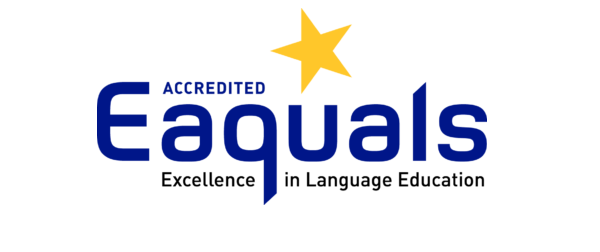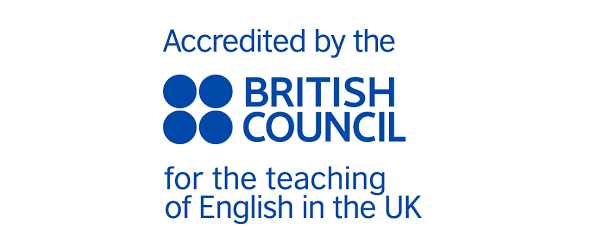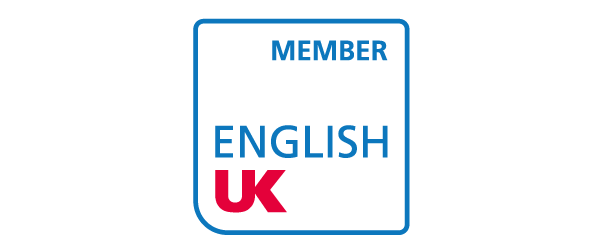Artificial Intelligence guidance for CELTA and DELTA courses with INTO TEFL at NILE
Following extensive work by NILE academic colleagues on the impact of Artificial Intelligence for our NILE Master’s programme, we have put together a parallel version of our guidance for our CELTA and DELTA programmes, which has been approved by Cambridge Assessment English. We are pleased to be able to share this with the wider language teacher education sector.
The development of artificial intelligence (AI) has seen the creation of tools for generating content (‘generative AI’) that might contribute helpfully to academic study. It’s important to realise, however, that AI has been used by academics and students for some time already. Internet search engines, transcription software, text analysers and citation creators have long been part of our everyday academic work.
And progress is continuing apace. At NILE, we believe these tools are potentially transformative; that they will feature in many academic and professional workplaces; and that rather than seek to prohibit your use of them, we will support you in using them effectively, ethically and transparently. In using the tools, we expect you to be aware of their limitations and to engage with them in a principled way that supports your learning.
With this in mind, we have designed a guide to support the positive use of AI by offering examples of how this might be achieved, and how to acknowledge its use. It also provides you with guidance on the difference between reasonable use of AI tools, and at what point their use might be regarded as giving you an unfair advantage.
We hope this document will be useful for you to refer to when studying with us.
NILE's AI guidelines for CELTA and DELTA courses is based on the findings and recommendations of the working group on the impact of Artificial Intelligence for MAPDLE, NILE's MA programme, consisting of Martyn Clarke, Alan Mackenzie, Jason Skeet and Anna Whinnett.



